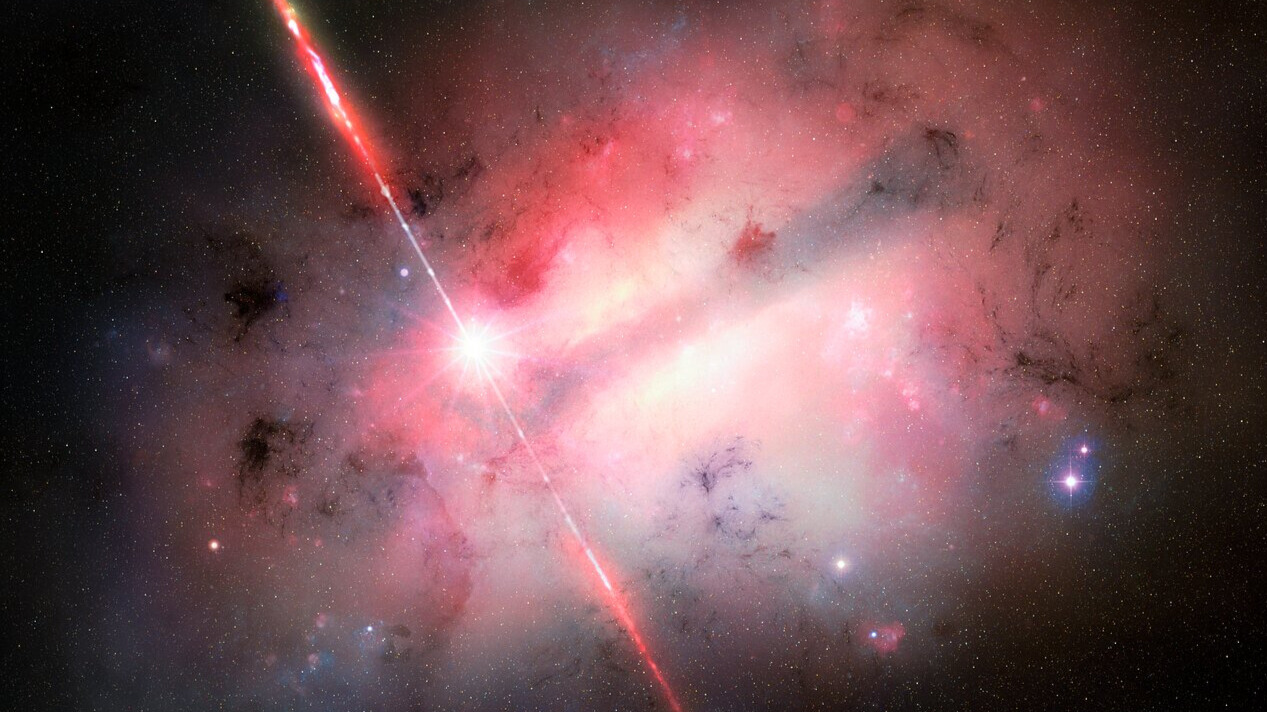Science News: Recent scientific discoveries and expert analysis
Read the latest science news and recent scientific discoveries on Live Science, where we've been reporting on groundbreaking advances for over 20 years. Our expert editors, writers and contributors are ready to guide you through today's most important breakthroughs in science with expert analysis, in-depth explainers and interesting articles, covering everything from space, technology, health, animals, planet Earth, and much more.

Explainers | Everything you need to know about the science news that matters.

Science Spotlight | Shining a light on new science transforming our world.
Latest news
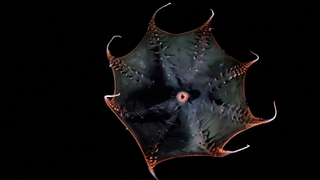
Scientists finally sequence the vampire squid's huge genome, revealing secrets of the 'living fossil'
By Kenna Hughes-Castleberry published
The genetic link between squids and octopuses may just be found in the vampire squid genome.
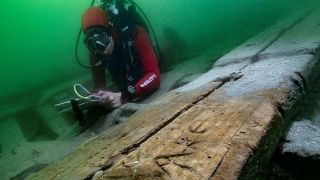
2,000-year-old shipwreck may be Egyptian 'pleasure barge' from last dynasty of pharaohs
By Tom Metcalfe published
Archaeologists diving off the coast of Alexandria, Egypt, have discovered the remains of a 2,000-year-old "pleasure barge" from the time of the Ptolemaic period.
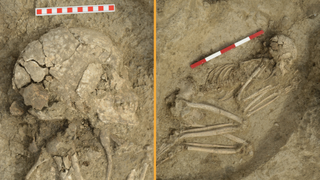
Brutal lion attack 6,200 years ago severely injured teenager — but somehow he survived, skeleton found in Bulgaria reveals
By Sascha Pare published
Extremely rare evidence of a lion attack on a teenage boy's remains suggests the teenager survived the initial trauma but became severely disabled, requiring support from his community.
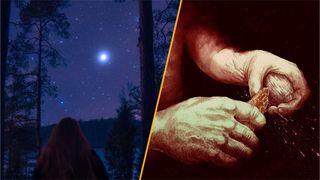
Neanderthals made fire, orcas and dolphins team up, and the 'Star of Bethlehem' explored
By Tia Ghose, Alexander McNamara published
Science news this week Dec. 13, 2025: Our weekly roundup of the latest science in the news, as well as a few fascinating articles to keep you entertained over the weekend.

Comet 3I/ATLAS is getting greener and brighter as it approaches Earth
By Brandon Specktor published
New images taken with the Gemini North telescope in Hawaii confirm that the interstellar comet 3I/ATLAS has gotten brighter and greener since its close flyby of the sun in October.

'Unprecedented': Woman delivers full-term abdominal pregnancy while also having 22-pound cyst removed
By Nicoletta Lanese published
A California woman was scheduled to have a large cyst removed but, in the lead-up to the procedure, learned she had a rare ectopic pregnancy.

James Webb telescope uncovers a new mystery: A broiling 'hell planet' with an atmosphere that shouldn't exist
By Tia Ghose published
James Webb finds a hot planet that is tidally locked with its parent star, is coated with a thick atmosphere of volatile chemicals.
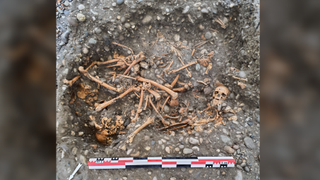
16th-century gallows and dozens of skeletons discovered in France
By Kristina Killgrove published
Archaeologists have identified a 16th-century gallows structure and nearly a dozen mass burial pits in Grenoble, France.

'Necessary for the future of humankind': Who was honored at the first-ever Global Space Awards?
By Harry Baker published
The winners of the inaugural Global Space Awards were recently announced at a star-studded ceremony at London's Natural History Museum. The event championed innovation and sustainability, while also celebrating the life of a late NASA astronaut.
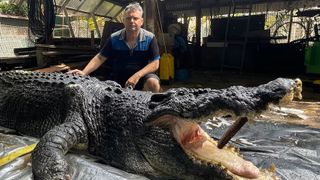
Cassius the giant crocodile died from sepsis after 40-year-old dormant infection burst from 'abscess,' necropsy reveals
By Sascha Pare published
Cassius was an 18-foot-long saltwater crocodile living in captivity in Marineland Crocodile Park in Australia. He died last year at the age of about 120, and we finally know why.

Giant structure discovered deep beneath Bermuda is unlike anything else on Earth
By Stephanie Pappas published
A thick layer of more than 12 miles of rock may explain why Bermuda seems to float above the surrounding ocean.
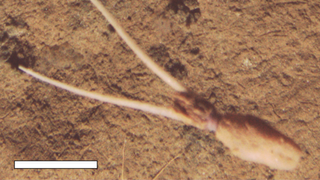
'Very novel and very puzzling': Unknown species of squid spotted burying itself upside down, pretending to be a plant
By Kenna Hughes-Castleberry published
A new study reveals an unknown species of whiplash squid burying itself upside down in the deep sea — a first-of-its-kind behavior for cephalopods.
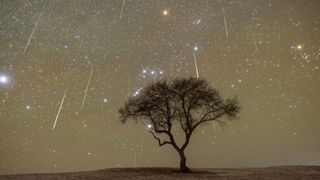
See up to 150 'shooting stars' per hour this weekend as the Geminid meteor shower reaches its stunning peak
By Jamie Carter last updated
The Geminid meteor shower peaks this weekend! The Geminids peak overnight on Dec. 13 and 14, when up to 150 "shooting stars" per hour will rain down on Earth in a near-moonless night sky.

New 'DNA cassette tape' can store up to 1.5 million times more data than a smartphone — and the data can last 20,000 years if frozen
By Fiona Jackson published
Scientists have discovered that over half a mile of DNA could hold over 360,000 terabytes of data.
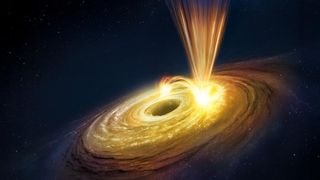
'A scale almost too big to imagine': Scientists spot monster black hole roaring with winds at more than 130 million mph
By Joanna Thompson published
A black hole 30 million times the mass of the sun has produced winds one-fifth the speed of light, stunning scientists.
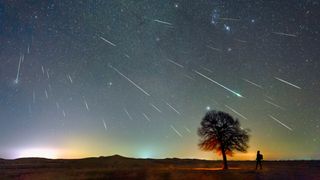
Today's biggest science news: Second earthquake hits Japan | Geminids to peak | NASA loses contact with Mars probe
By Patrick Pester, Tia Ghose last updated
Friday, Dec. 12, 2025: Your daily feed of the biggest discoveries and breakthroughs making headlines.

'They had not been seen ever before': Romans made liquid gypsum paste and smeared it over the dead before burial, leaving fingerprints behind, new research finds
By Kristina Killgrove published
Fingerprints on a Roman burial hold new clues to an unusual liquid gypsum funeral ritual.
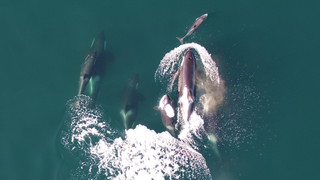
Killer whales are teaming up with dolphins on salmon hunts, study finds — but not everyone agrees
By Chris Simms published
There are eye-opening claims that orcas and dolphins are working together on salmon hunts and sharing food — but not everyone is convinced.

Rarrr! James Webb telescope spots 'monster stars' leaking nitrogen in the early universe
By Elizabeth Howell published
Researchers using the James Webb Space Telescope spotted huge stars leaking nitrogen in an early galaxy, hinting that such 'monster stars' might have been the source of ancient supermassive black holes.

Time moves faster on Mars, posing new challenges to crewed missions
By Deepa Jain published
Clocks on Mars tick faster by about 477 microseconds each Earth day, a new study suggests. This difference is significantly more than that for our moon, posing potential challenges for future crewed missions.
Get the world’s most fascinating discoveries delivered straight to your inbox.



